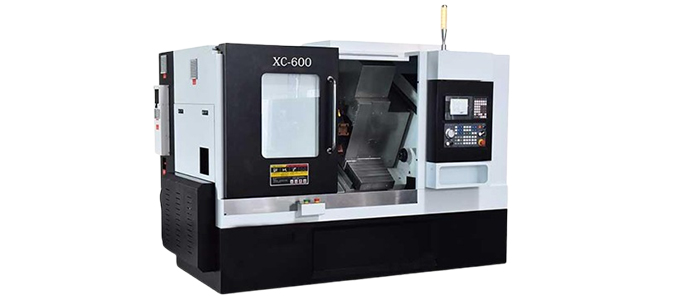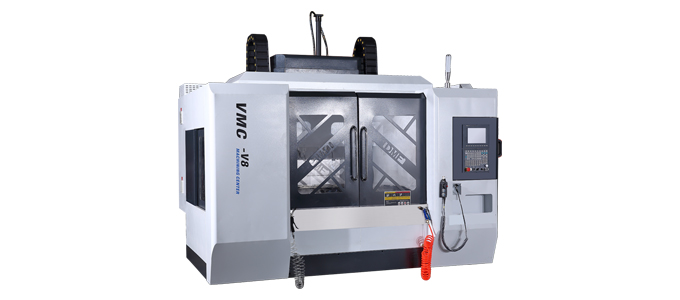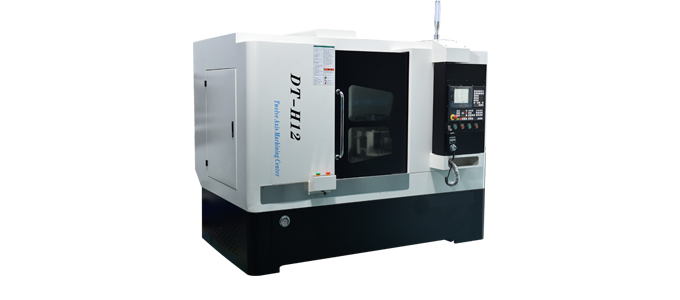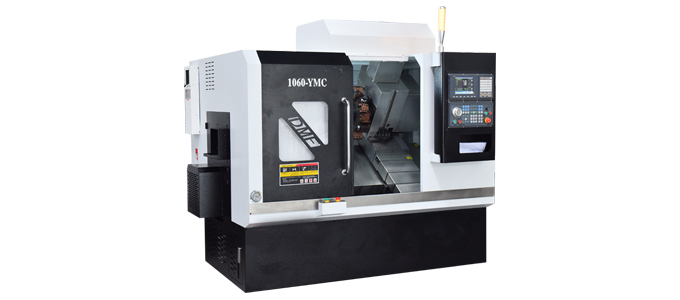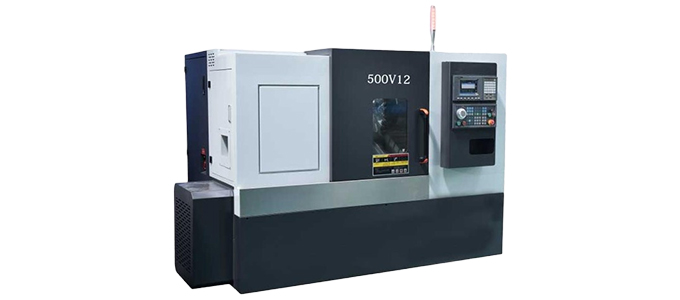The future of CNC (Computer Numerical Control) lathe manufacturing looks promising, with continuous advancements in technology driving improvements in precision, efficiency, and versatility. CNC lathe machines have become essential tools in various industries, enabling the production of complex parts with high accuracy and repeatability.
CNC lathe machines operate by rotating the workpiece against cutting tools, which are precisely controlled by computer programs. This process allows for the accurate shaping of cylindrical parts, such as shafts, rods, and valves. The ability to produce parts with minimal deviation is essential in industries where precision is critical, such as aerospace, automotive, and marine.
In the marine industry, for example, components such as rudder shafts, propeller shafts, and porthole fittings must meet stringent quality standards to ensure their performance and reliability in harsh environments. CNC lathe machines are capable of machining these parts to exact specifications, ensuring their durability and functionality.
The future of CNC lathe manufacturing is being shaped by several key trends. One of the most significant trends is the integration of advanced technologies, such as IoT (Internet of Things) and AI (Artificial Intelligence). These technologies enable real-time monitoring, predictive maintenance, and adaptive control, improving machine performance and reducing downtime.
Another important trend is the development of multi-axis CNC lathe machines. These machines can perform multiple machining operations in a single setup, reducing the need for multiple machines and setups. This multifunctionality enhances production efficiency and reduces the risk of errors, making multi-axis CNC lathes ideal for producing complex parts.
CNC lathe manufacturers are also focusing on improving the durability and performance of their machines. The use of advanced materials, such as high-strength alloys and composites, enhances the durability and performance of CNC machines, making them suitable for a wide range of applications.
In addition to these technological advancements, there is a growing emphasis on sustainability in CNC manufacturing. Manufacturers are developing energy-efficient CNC machines and implementing environmentally friendly practices to reduce their carbon footprint.
In conclusion, the future of CNC lathe manufacturing is bright, with continuous advancements in technology driving improvements in precision, efficiency, and versatility. CNC lathe machines will continue to play a vital role in modern manufacturing, enabling the production of high-quality components required in various industries. As technology evolves, the capabilities of CNC lathe machines will expand, driving further improvements in manufacturing efficiency and product quality.


